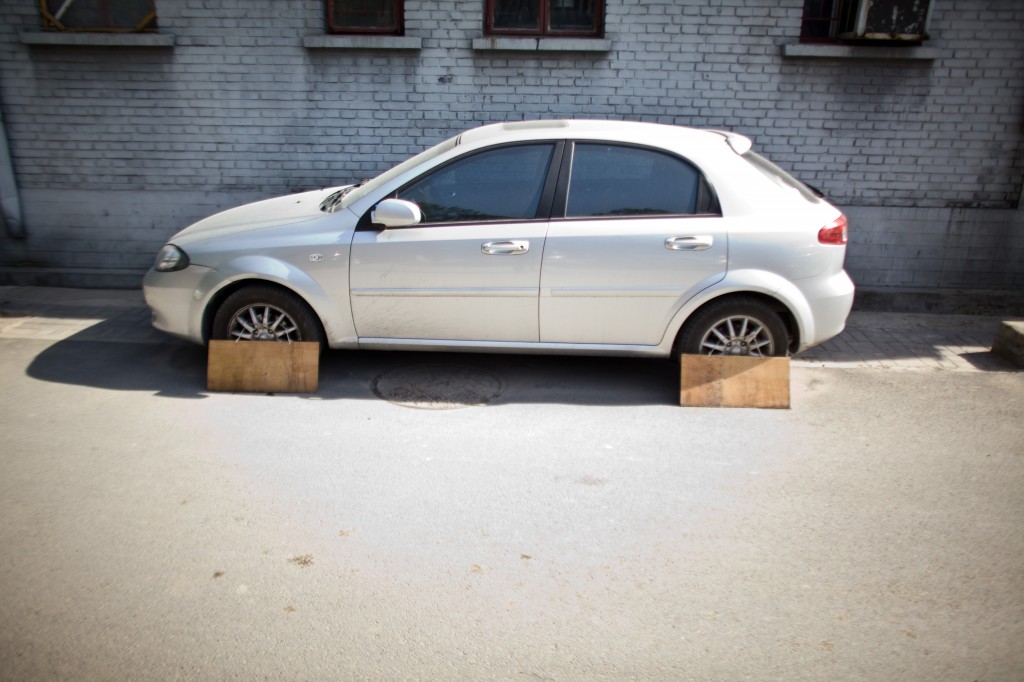A foreigner drawing attention to spitting in China is probably the one issue that creates more negative feedback from educated, cosmopolitan Chinese than any other, it has on more than one occasion been considered an affront to modern China.
To hazard a guess why: spitting serves a personal and very practical function – to clear one’s nose or throat of phlegm and everything that you associate with this, or to empty one’s mouth of excess fluid. It is also habitual particularly as part of a morning ritual. Naturally it also (selfishly) exposes other people to whatever is spat. Spitting is also far more common in agrarian societies where the physical activity of (dusty, dirty) manual labor is more likely to trigger spittable moments, and where because of population density and natural surfaces, the negative impact of spitting on others is generally lower than in urban settings. For the modern, urban dweller spitting is a close and uncomfortable reminder of where that society has come from in a short space of time, of how life (and income levels and attitudes) used to be. In short: it’s a marker for educated, cosmopolitan Chinese of what they want to leave behind. That it grates is indicative of the tension between modern and traditional China, and the speed at which things are changing.
I have no idea of the numbers, but I’d guess that as people across the world urbanise they spend less time propelling phlegm out of the bodies in part because of the risks of transmitting diseases associated with spitting, and the educational programs relating to the spread of diseases. In the city there are more opportunities to be anti-social because there are more people around. The practice of spitting is therefore probably, slowly evaporating. But could this change? Could those who currently look down on spitting, embrace it as a normal, healthy, modern practice that is essential to staying fit and being sociable?
In a society where the everyday and rapid use of DNA testing has mainstreamed to the point where you use it for getting into your home, unlocking your online self. Where we have learned to master and channel bacteria as a force for good in transmitting, well, whatever it is we want to transmit (and to neutralise the negative impact with the same efficiency). Where leaving a biological (NDA) trace is as natural as pressing the Like button.
And to bring the conversation back around: every person, every culture has behaviours that remind them of things past that they’d rather leave behind. It is just a matter of acknowledging the uncomfortable.
Photo: a Beijing car owner protects his wheels from passing, peeing dogs. How does the experience of owning a car change if a dog pees on it? And what opportunities lie there-in for those that wish to propel dogs to wheels, and those that wish to repel them?
